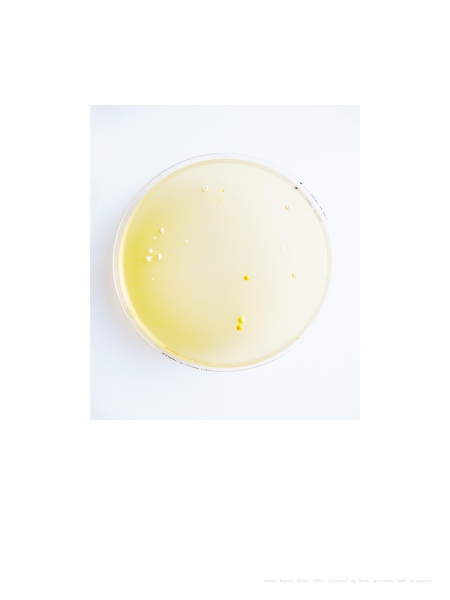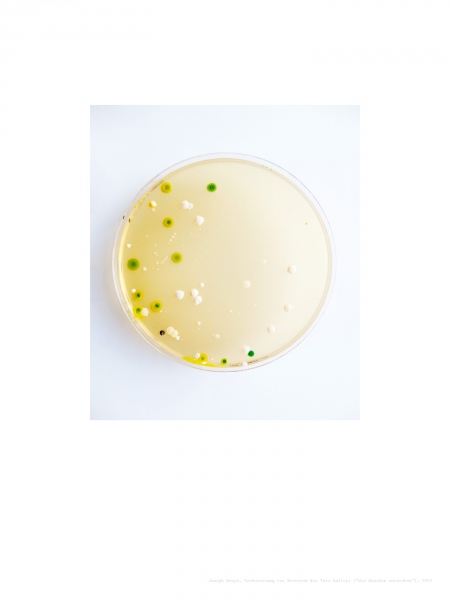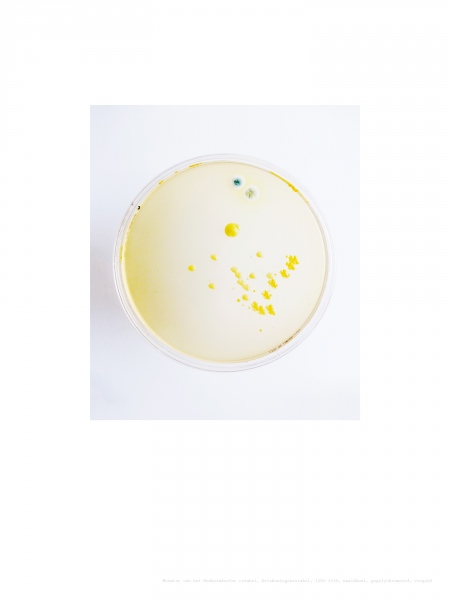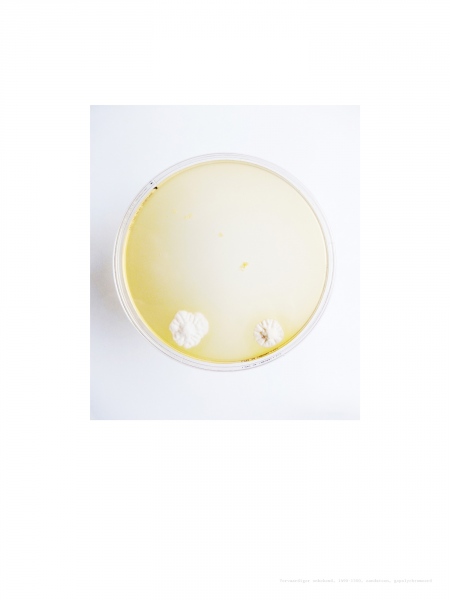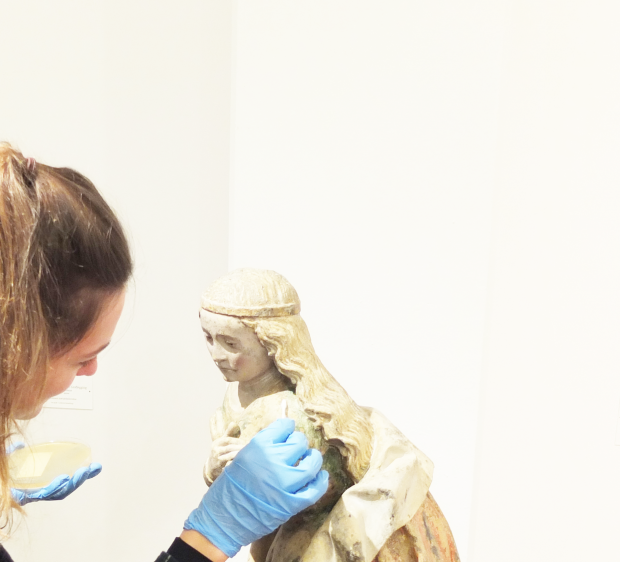
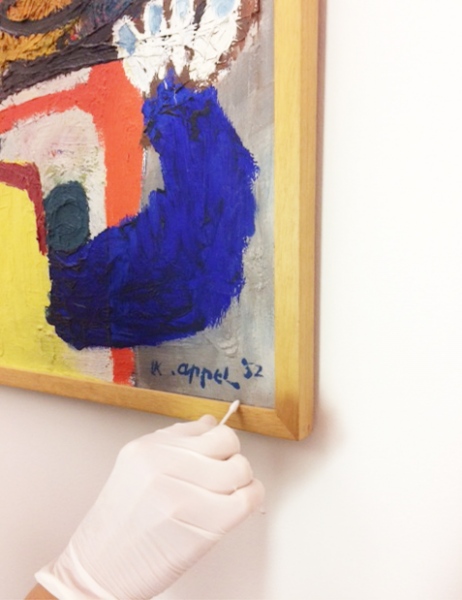
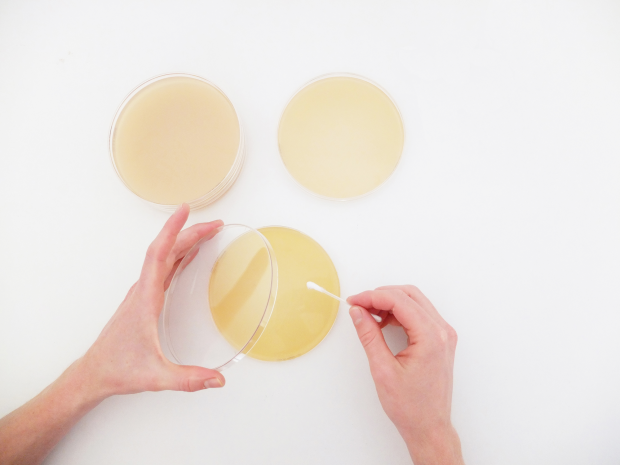

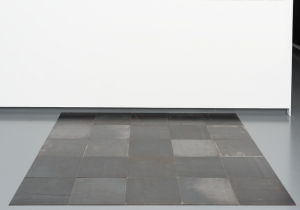
Twenty-fifth steel cardinal, 1974, Carl andre
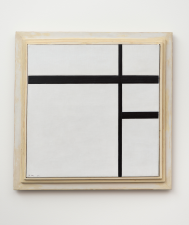
Composition en blanc et noir II, 1930, Piet Mondriaan
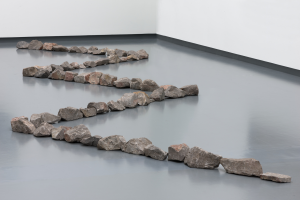
Sixty stones, 1975, Richard Long
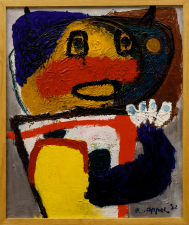
Kind, 1952, Karel Appel
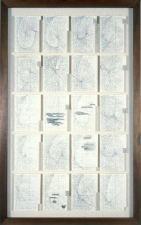
Vorbereitung vor Betreten der Tate Gallery ("Wie Knochen entstehen") (aus der Serie: Words Which Can Hear), 1970, Joseph Beuys
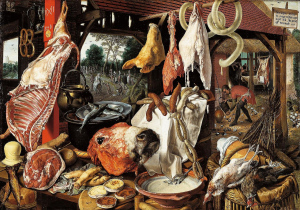
De Vleesstal, 1551-1555, Pieter Aertsen
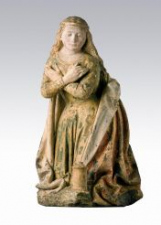
Maria Magdalena, 1490-1500, Artist unknown
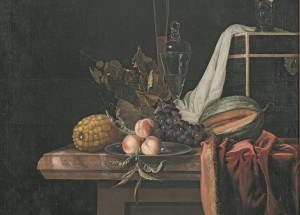
Still life with fruit and glass, 1670-1680, Henri de Fromantiou
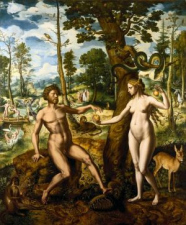
De zondeval, 1550-1560, (Master of Paulus and Barnabas?)
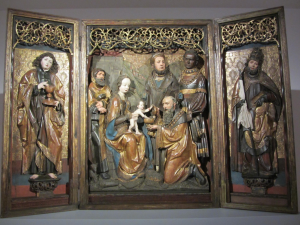
1505-1510, Master of the Nenkersdorfer retabel (mathias Plauer?)
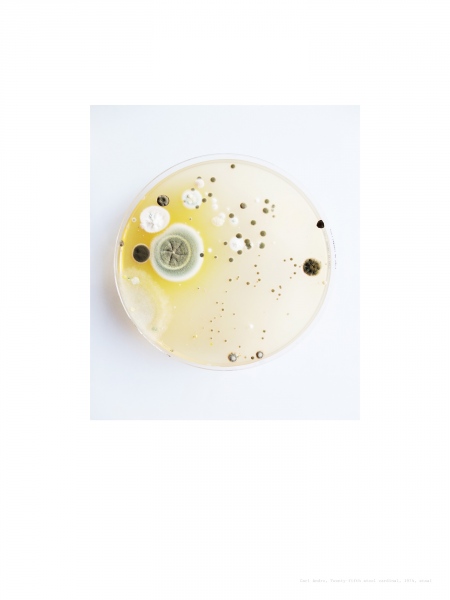
Twenty-fifth steel cardinal, 1974, Carl andre
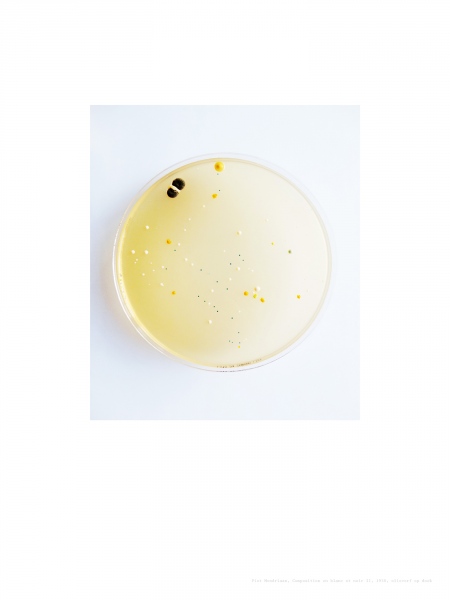
Composition en blanc et noir II, 1930, Piet Mondriaan
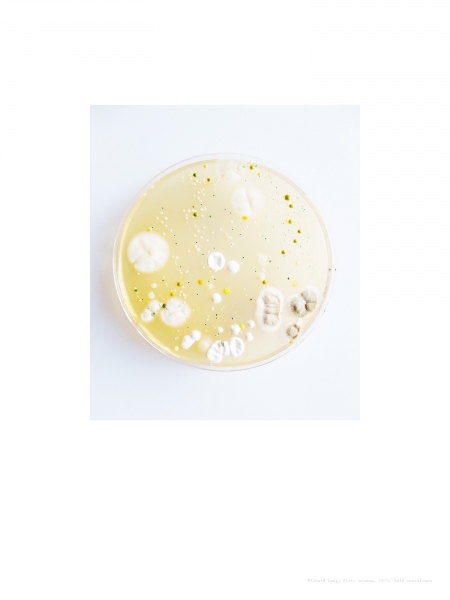
Sixty stones, 1975, Richard Long
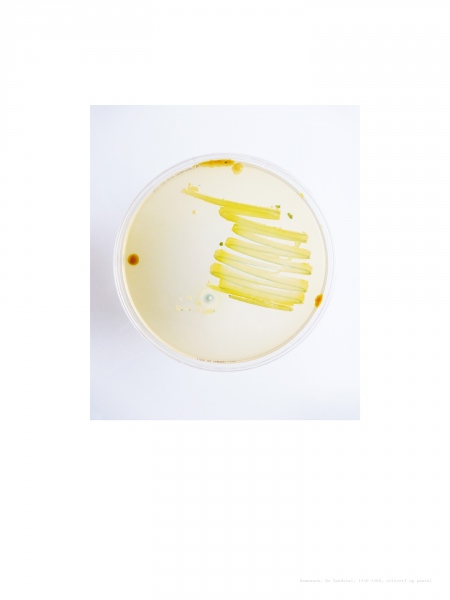
De zondeval, 1550-1560, Artist unknown
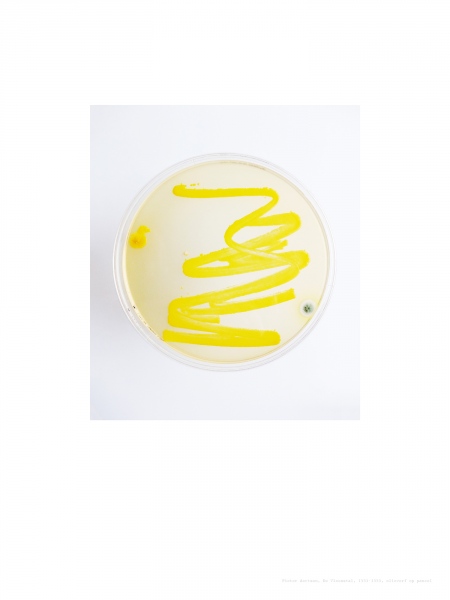
De Vleesstal, 1551-1555, Pieter Aertsen
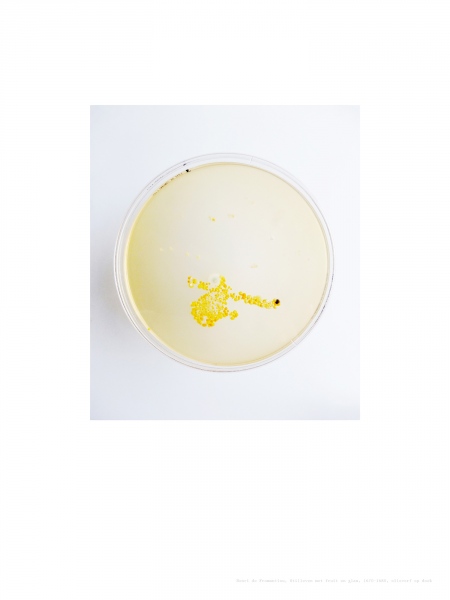
Still life with fruit and glass, 1670-1680, Henri de Fromantiou
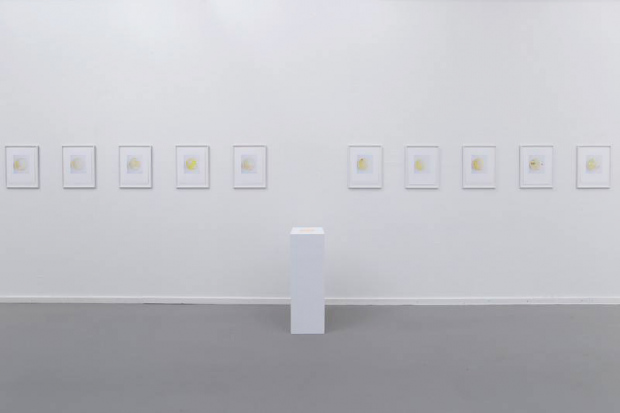
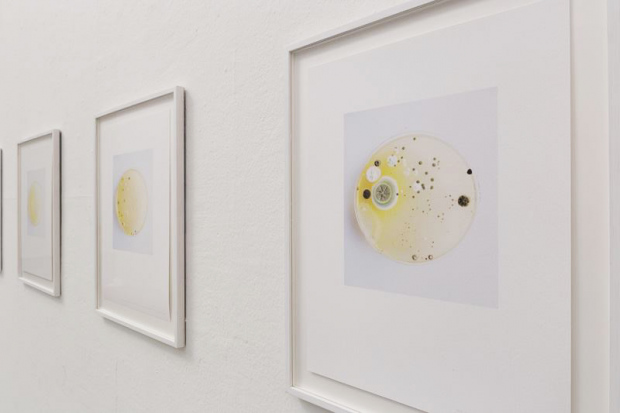
This project is the beginning of a collection and is still in process.

In the work Invisible Present, Vaasen brings forth new stories and images from depths of science and history, setting these in relation to the artwork. She is interested in the subjectivity with which the value of works of art is determined. Such as political motives and societal developments that in the past have influenced the creation of art history.
For the outside world works of art seem to remain unchanged, but every work contains its own tiny universe of micro-organisms that live and develop. Ordinarily remaining unknown and invisible, their presence sometimes produces observable effects—some rusty discoloration, a musty smell, or crackle in paint. By amplifying the presence of the micro-organisms of the artwork, Vaassen makes palpable the external reality which we usually laminate with images and stories, limiting the world in the act of giving it internal meaning.
Invisible Present, digital prints, 30x 42cm, 2015

Special thanks to van Abbemuseum and Bonnefantenmuseum
Made possible thanks to the generous support of the Mondriaan Fonds

